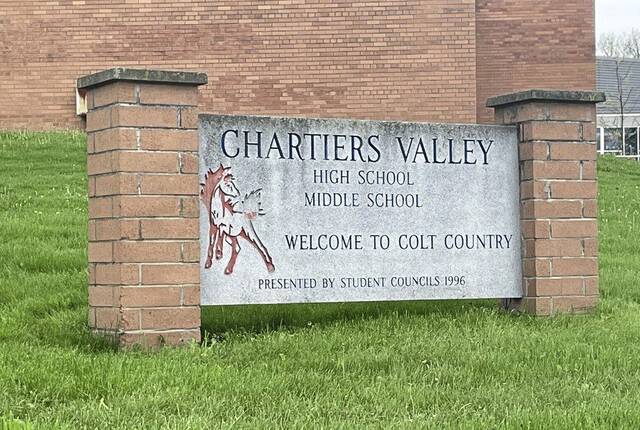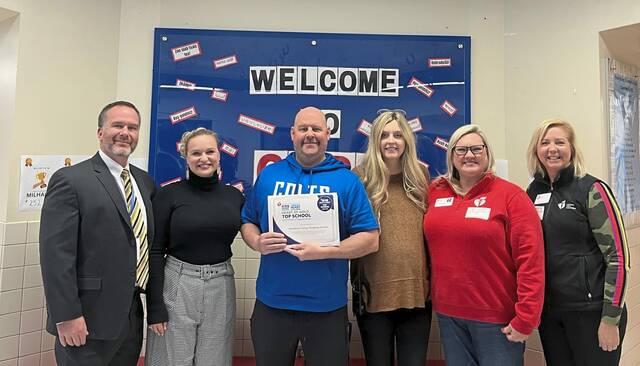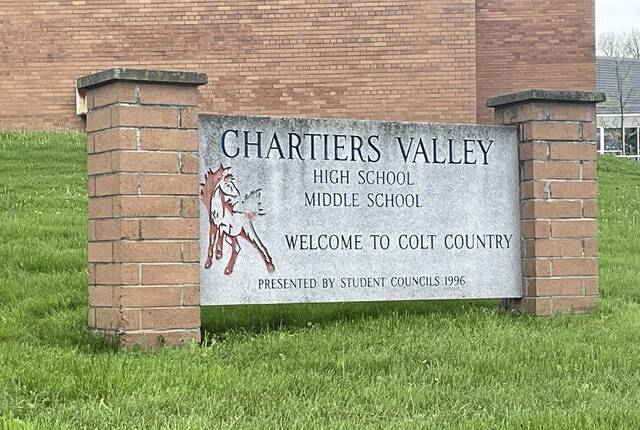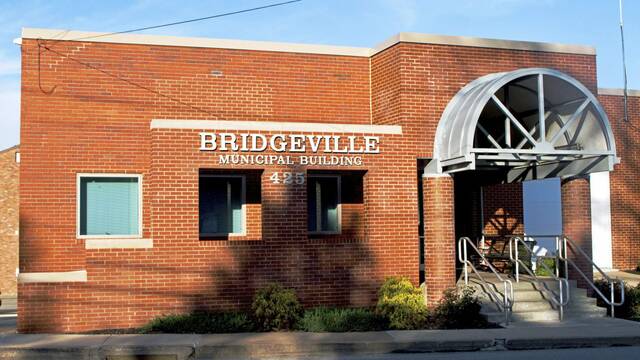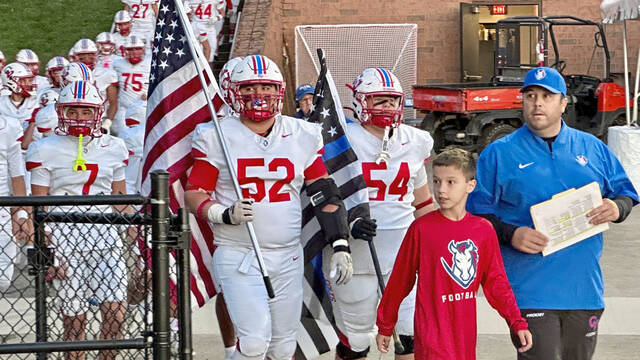Color TV, drive-in movies, poodle skirts, hula hoops, rock ’n ’roll and doo-wop …
If you missed the 1950s for any variety of reasons, doo-wop is a rhythm-and-blues style that gained popularity, evolving from jazz and the blues.
The term ”doo-wop” sprang from the sounds made by musical groups that provide the harmonic soundscape to highlight the lead vocalist. Taking the sounds of blues and jazz and adopting them to vocal harmonies, it originated primarily in Black communities in the 1940s and gained popularity in cities such as Chicago, Detroit, Los Angeles, New York, Philadelphia – and Pittsburgh!
It was inspired by jazz, blues and gospel, which dominated radio stations of the 1940s. Reaching the height of its popularity in the 1950s through the early ’60s, doo-wop helped to further influence the development of soul, R&B, rock and pop, in addition to enjoying revivals from the 1970s onward.
The televised special ”Doo-Wop 50” of American Soundtrack Series was among those revivals. Rick Mansfield, former music director for PBS’s American Soundtrack, brings the classic tunes of doo-wop and rock ’n ’roll from the ’50s and ’60s to the Music Hall of the Carnegie Carnegie on Sept. 30 with his band Brother Rick & The Throwbacks.
Rick’s work on the special programs ”Doo-Wop 50,” “Doo-Wop 51” and “R&B 40” made them some of the highest-grossing PBS specials of all time. His arrangements of those iconic pieces played a crucial role in revitalizing authentic arrangements, bringing doo-wop hits back into the limelight four decades after their initial release.
If you have questions about the other fabulous ’50s fads mentioned above, I’ll be happy to fill you in on tales I’ve heard following the concert. Or after you purchase your tickets at carnegiecarnegie.org, feel free to shoot me an email sharing your memories of the days of doo-wop!
You can also fact-check the information I provided about the origins of doo-wop when Rick joins us for a lecture Legends of Doo-Wop. During the lecture, prior to the concert, Rick will talk about his experience with the iconic musicians who defined this beloved era of music. Keep an eye on our website for information on the lecture date and time.
From the revivals in the ’70s, mentioned above, doo-wop evolved into soul and funk, eventually lending its influence into the early styles of hip-hop. Sharing the do-it-yourself aesthetics and groove-based production, hip-hop owes a lot of its origins to doo-wop, which brings us to one of our featured performers for RADical Day at Andrew Carnegie Free Library & Music Hall on Sept. 17: Guardians of Sound.
RAD, the Allegheny Regional Asset District, invests in Allegheny County’s quality of life through financial support of libraries, parks and trails, arts and cultural organizations, regional attractions, sports and civic facilities, and public transit. RAD provides funding to more than 100 diverse organizations that enhance our region’s vitality and livability, also called Regional Assets.
The Library and Music Hall are both proud RAD Regional Assets, participating in the annual RADical Days throughout the region. RADical Days is an annual thank-you to the public with free admission, tours, performances, and activities offered by the organizations that are funded by RAD, including the Carnegie Carnegie!
Partnering with fellow Regional Assets, live hip-hop performers Guardians Of Sound and local Gilbert and Sullivan specialists the Pittsburgh Savoyards, we are pleased to present two free public performances in our intimate studio performance space on Sept. 17 at 1 and 3:30 p.m., respectively.
Guardians of Sound enlivens the human experience through music making that promotes and employs acoustic sound, acoustic instruments, and professional, pre-professional and youth musicians.
Led by veteran guitarist and educator Michael Chapman, Guardians of Sound’s exciting performances showcase the potential of hip-hop as a live, instrument-based genre, bringing the music back to its roots in soul and R&B.
While nowadays mostly associated with slick, studio-based production techniques and digital sampling, hip-hop originated in New York in the 1970s among youth who grew up listening to soul, disco, jazz, gospel and reggae.
At a time when musical education was being cut from inner-city public school music programs, these young people lacked access to instruments and musical education, so, much like their doo-wop predecessors, they found creative outlets using the tools that were available to them: turntables, early drum machines and, above all, the human voice.
Guardians of Sound discovers influence and inspiration from earlier styles of music, pairing them with modern ideas to create something excitingly new and different.
The Pittsburgh Savoyards is a semi-professional, community-based, nonprofit theater company perpetuating the heritage of Gilbert and Sullivan comic operas and providing a hands-on opportunity for interested persons to learn about and experience musical theater. The company has been in existence since 1938 and is informally affiliated with a number of similar groups throughout the country.
The troupe returns to the Carnegie Carnegie after its performance of G&S favorite “Pirates of Penzance” in the Music Hall this past spring. Cast members reunite in the Studio for RADical Days, singing their way through “The Modern Major General,” “I Am a Pirate King!” and more. Not a stage production for this incarnation, but a vocal version of the most popular of Gilbert & Sullivan’s operetta. Know the words? Feel free to sing along with the cast.
In closing, I’ve covered Gilbert & Sullivan, doo-wop and hip-hop, just a smattering of what we have to offer at the Andrew Carnegie Free Library & Music Hall. So don’t forget to mark your calendars for Sept. 17 and Sept. 30!



